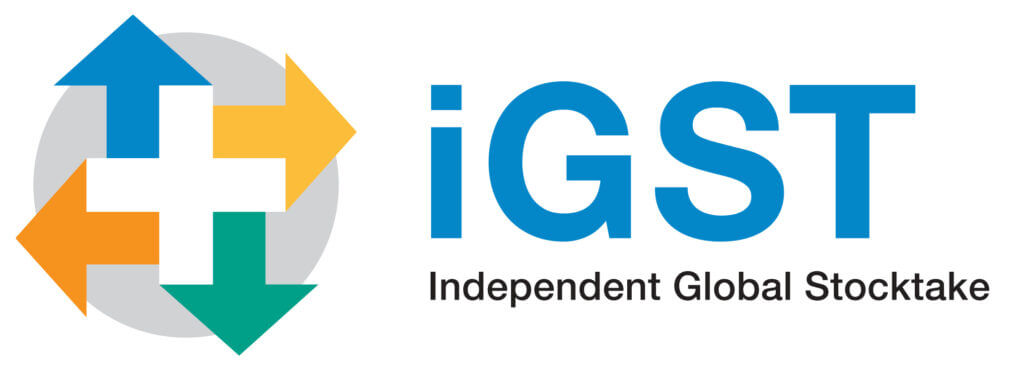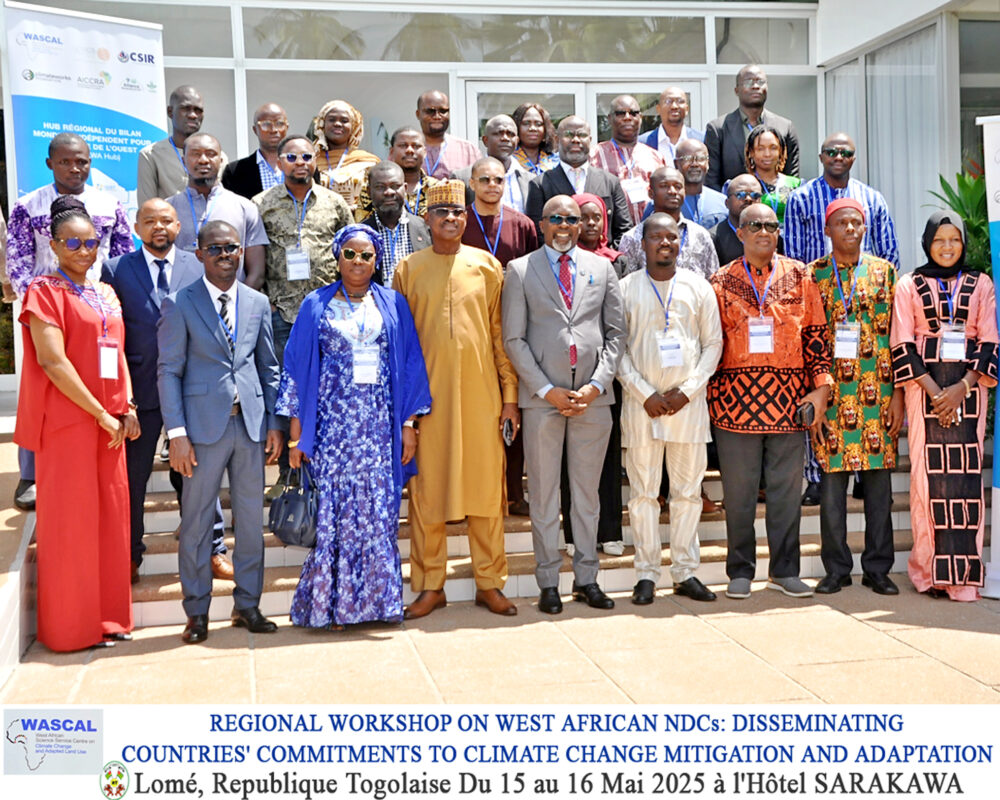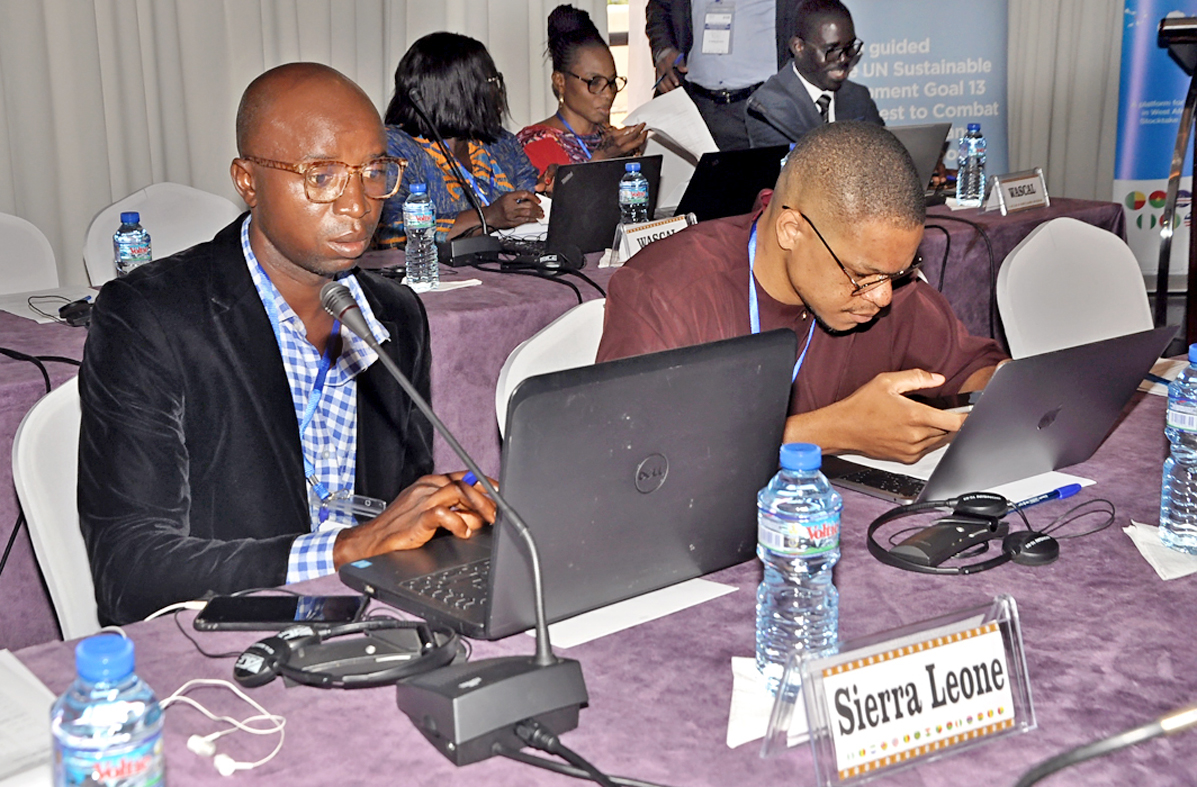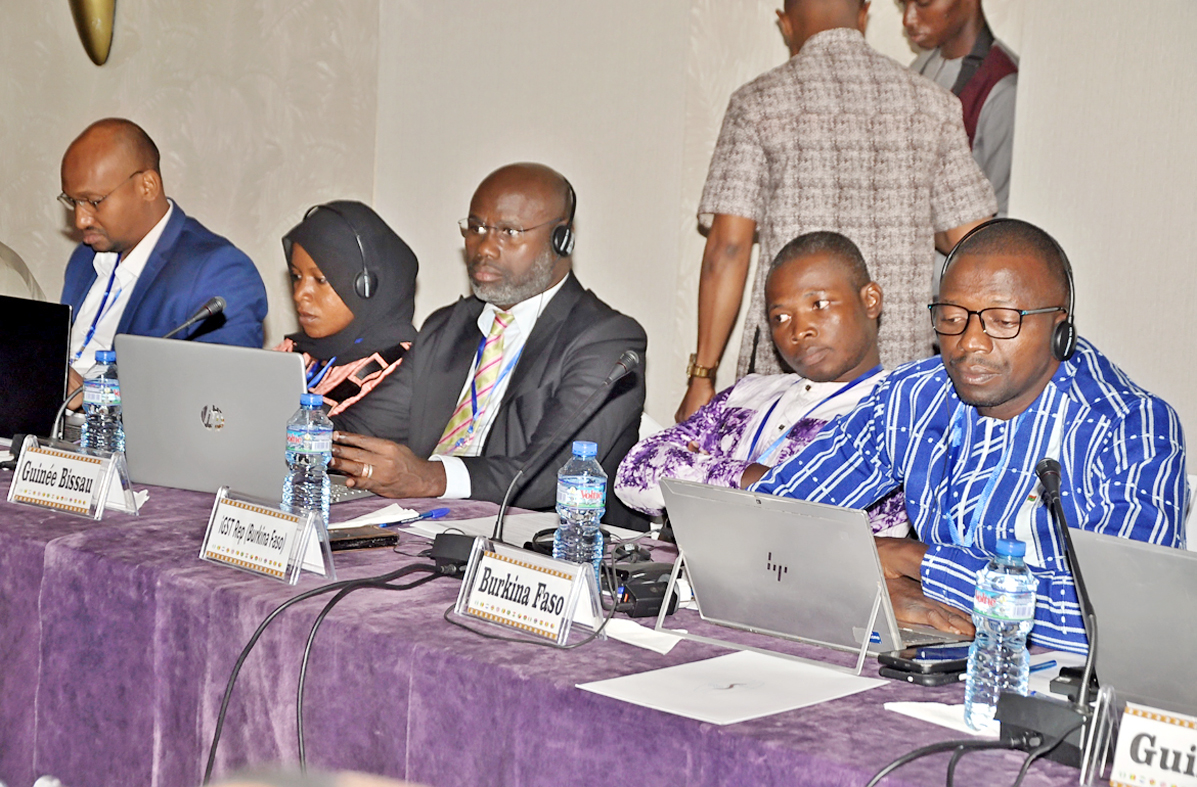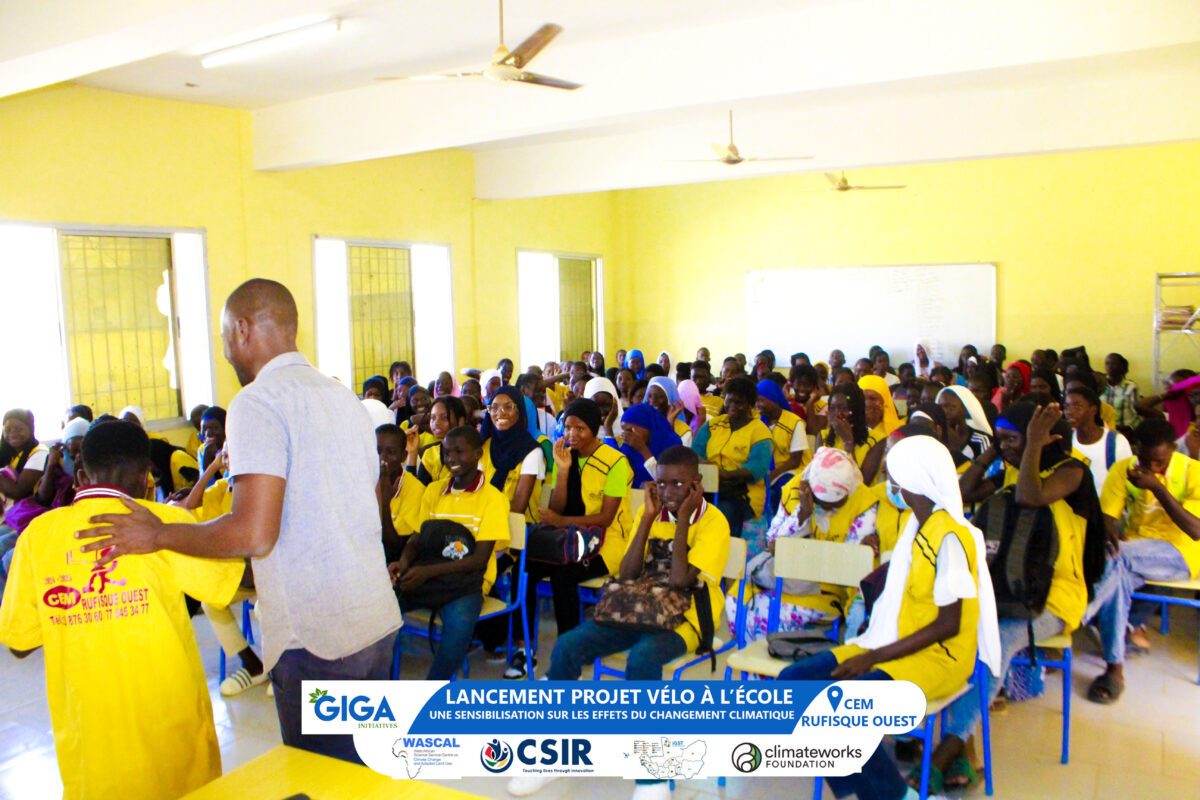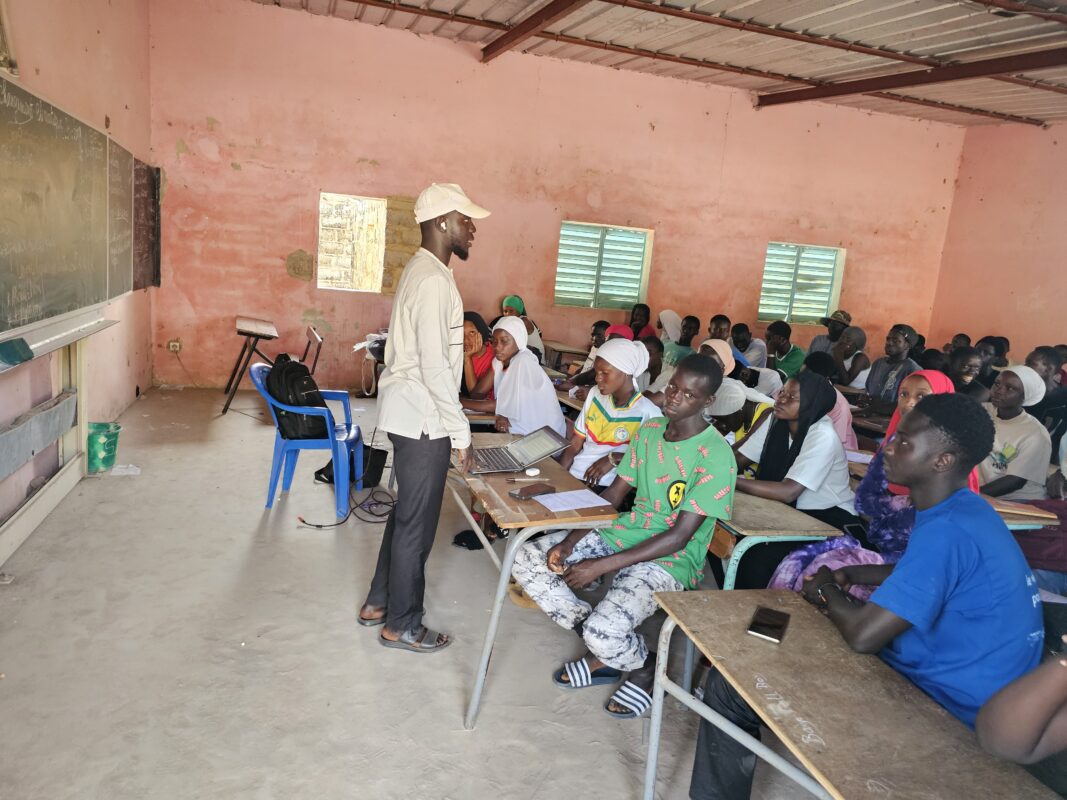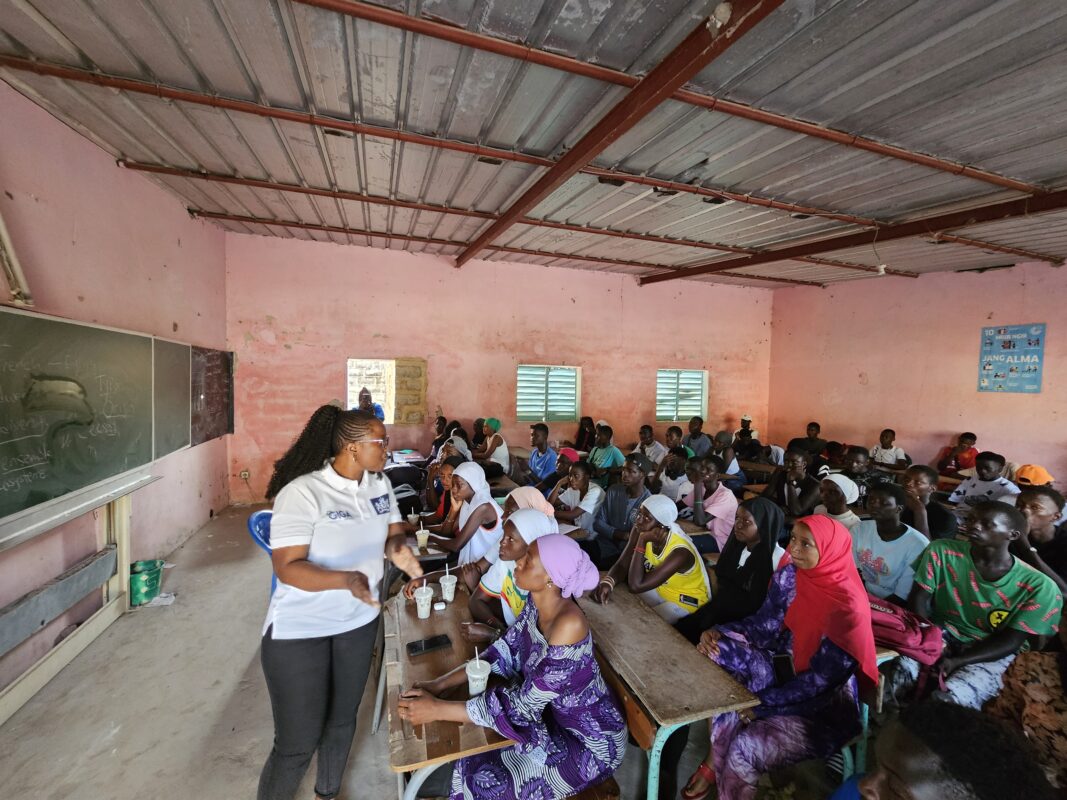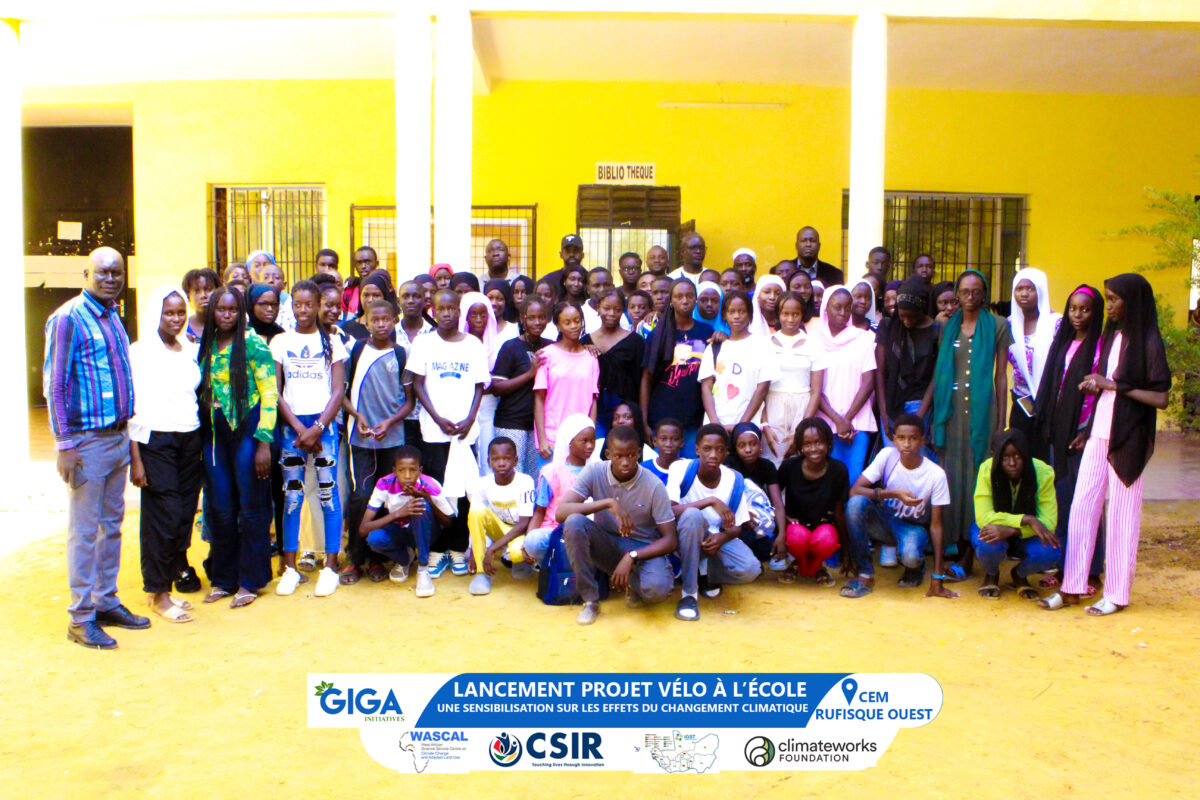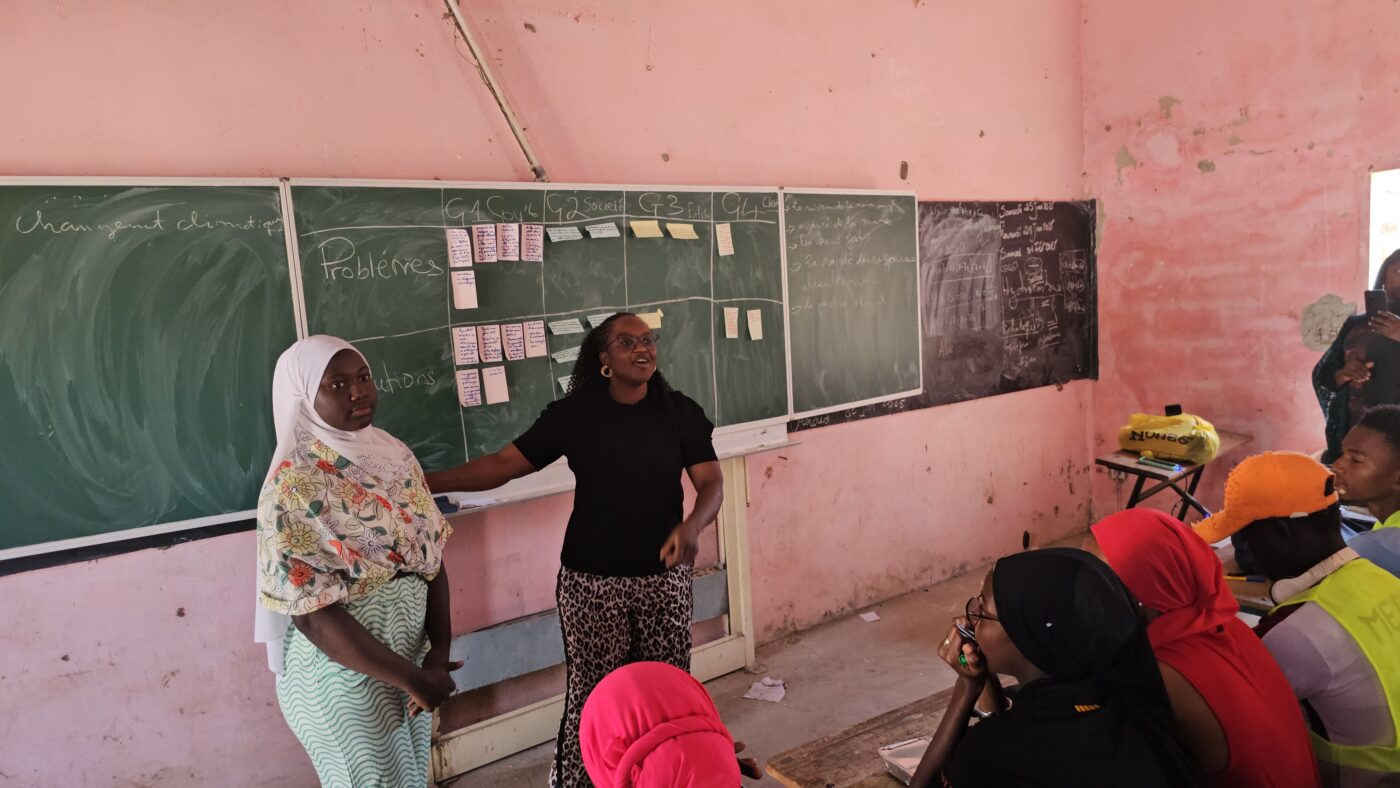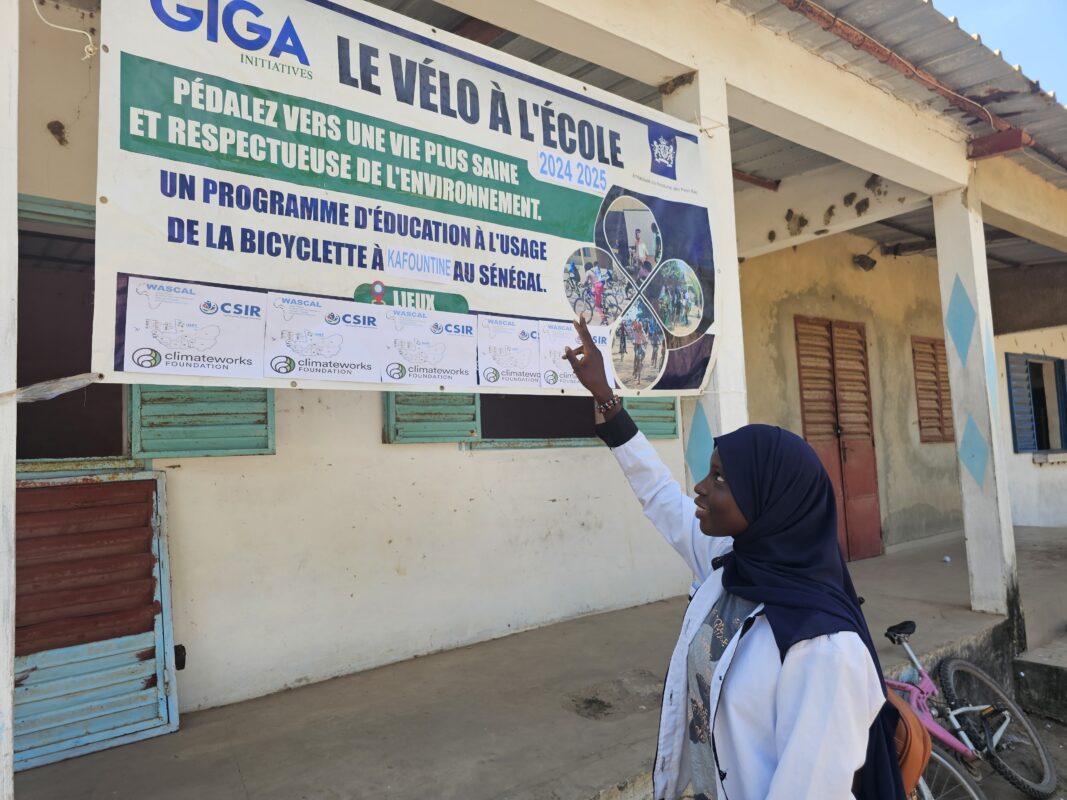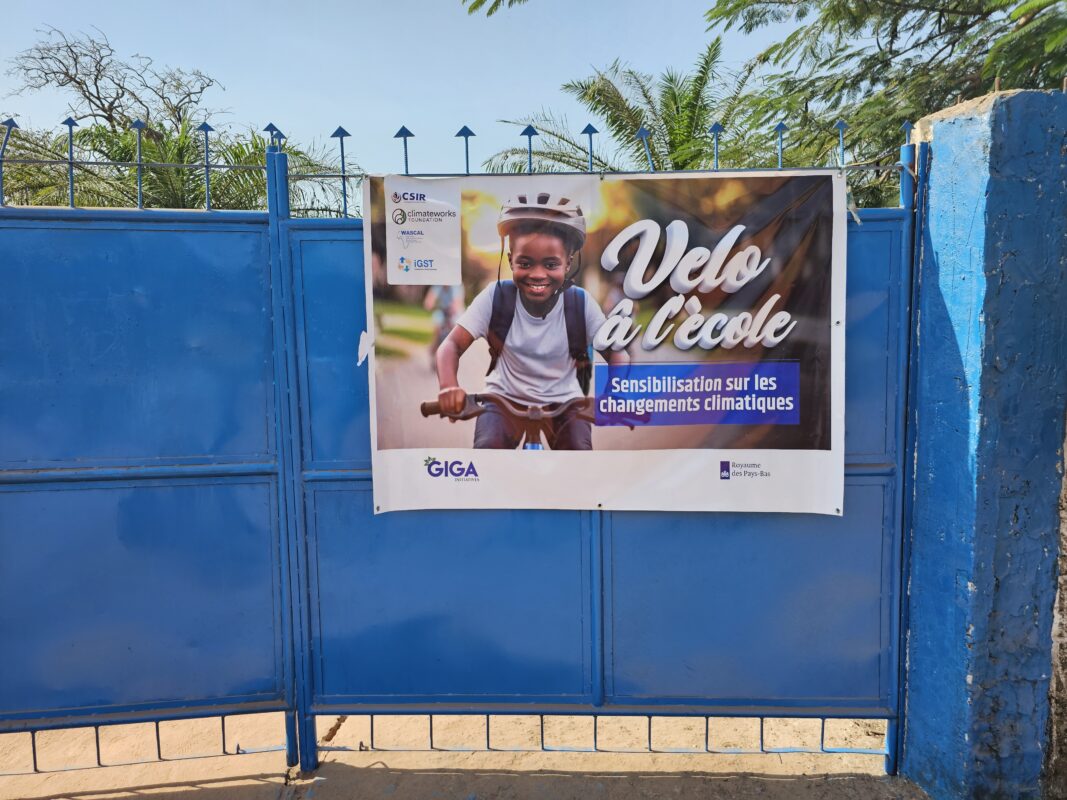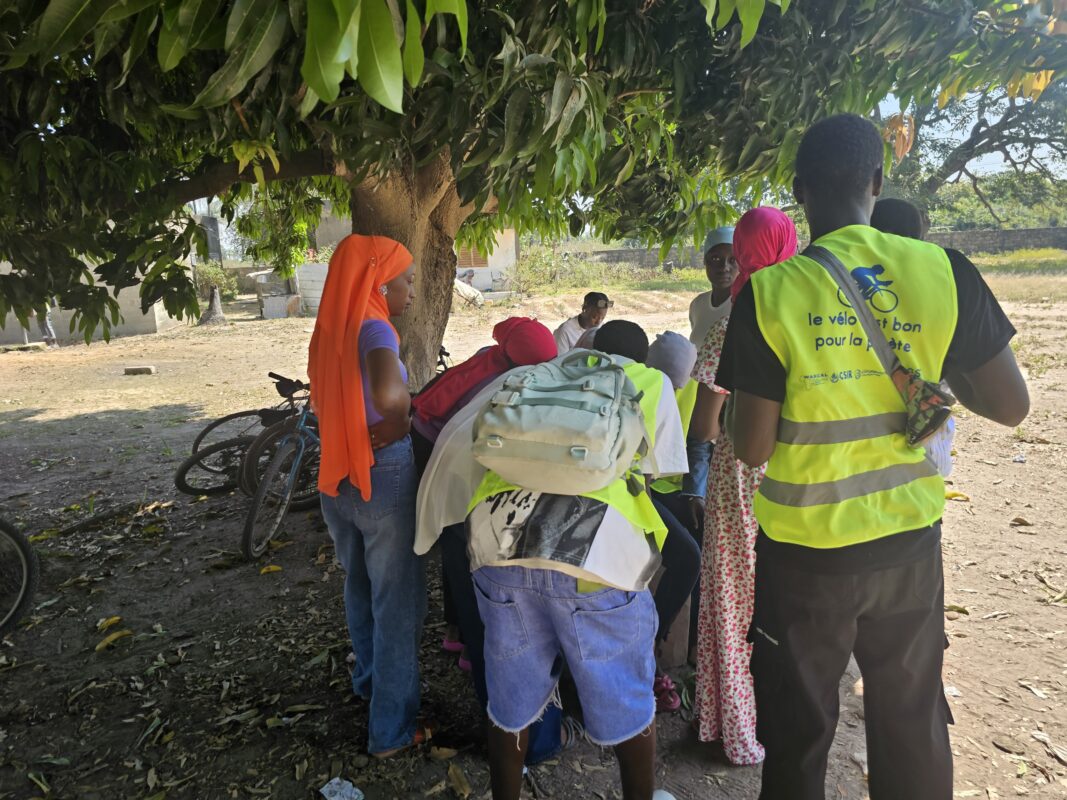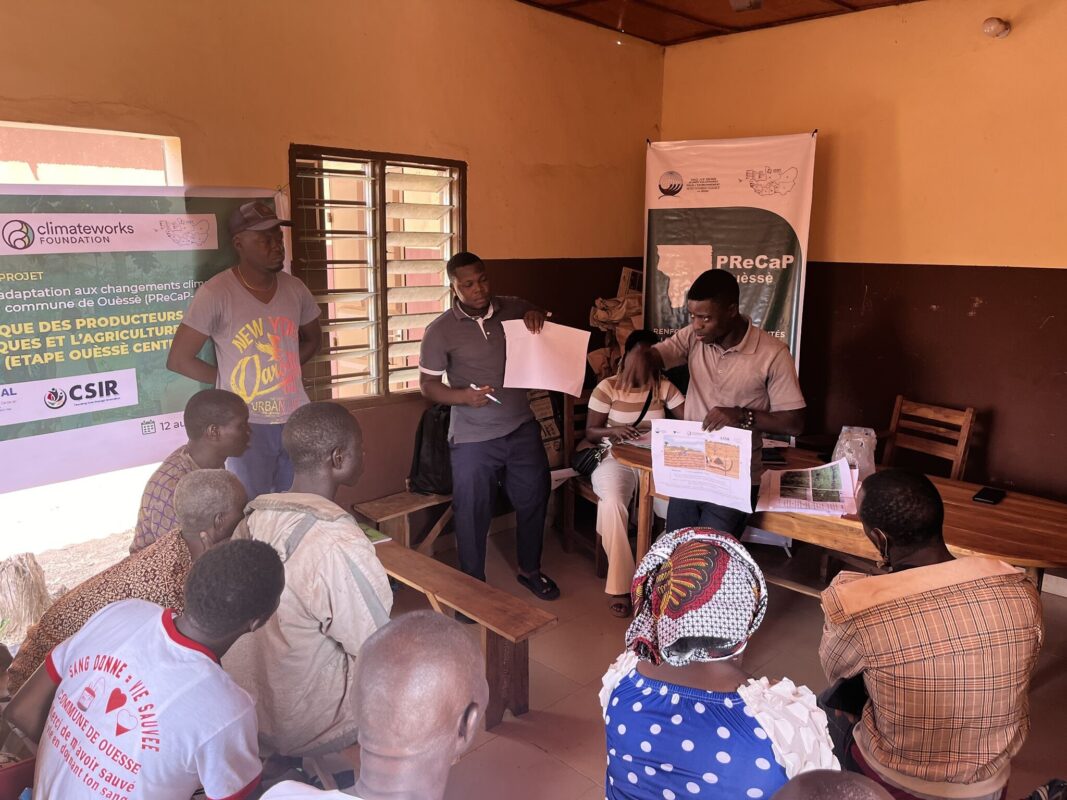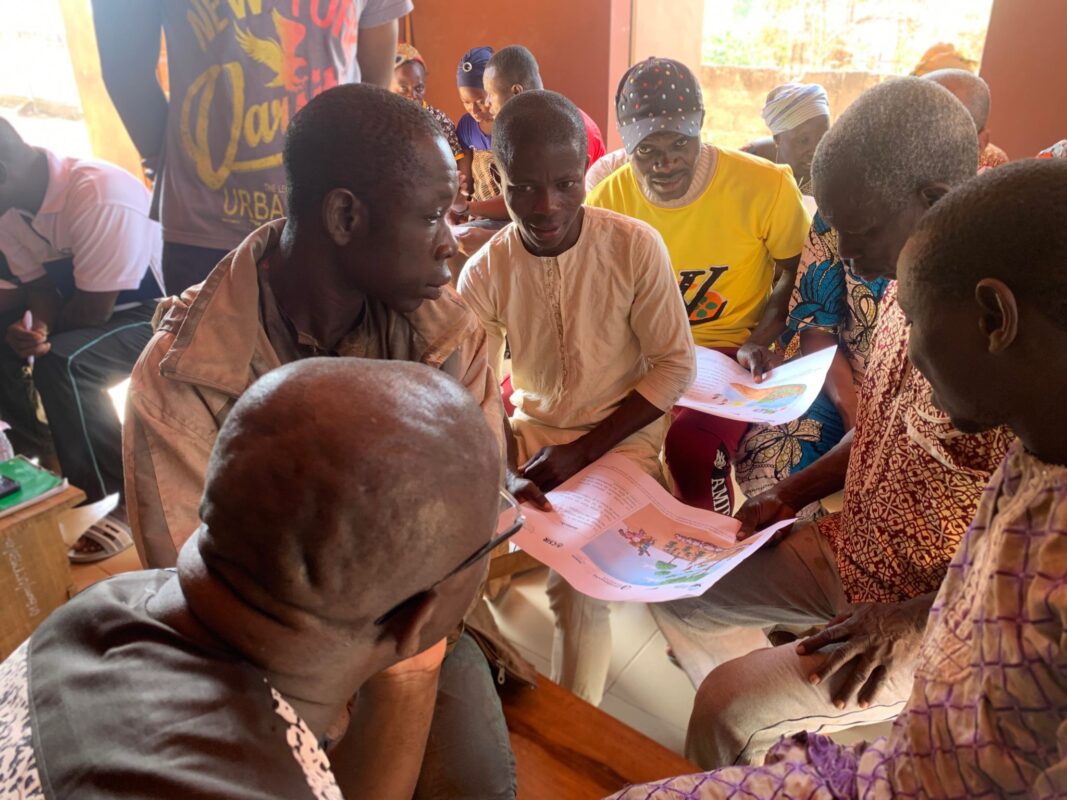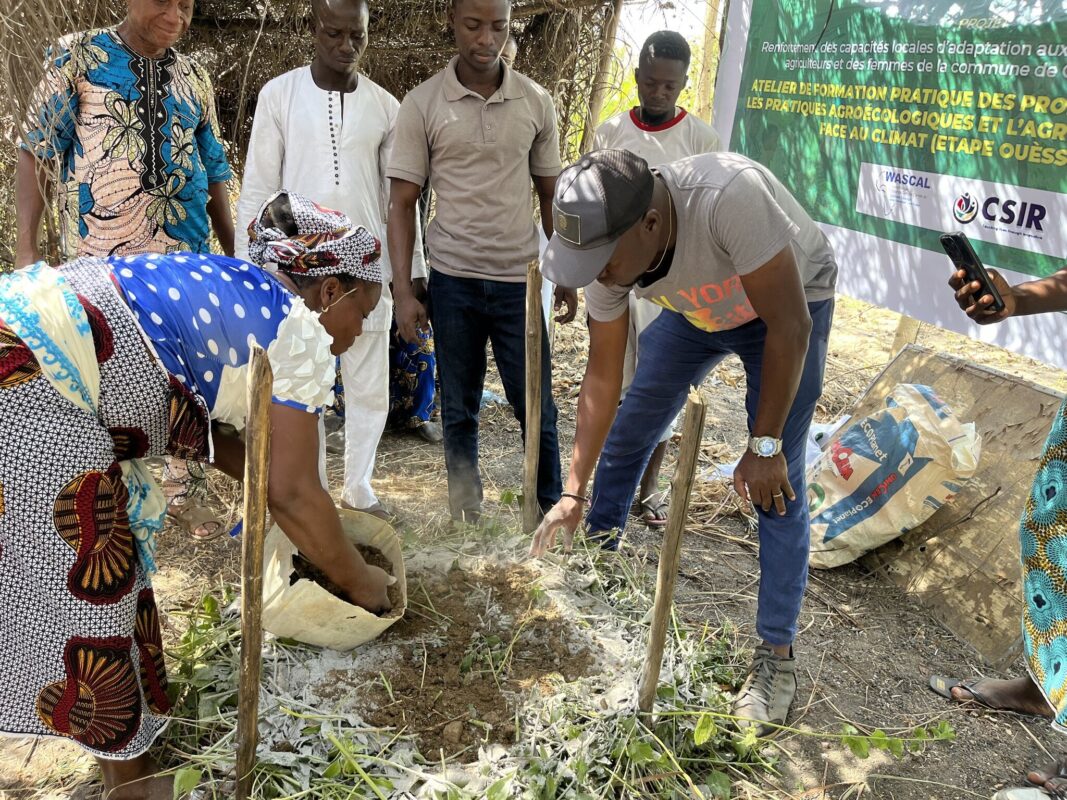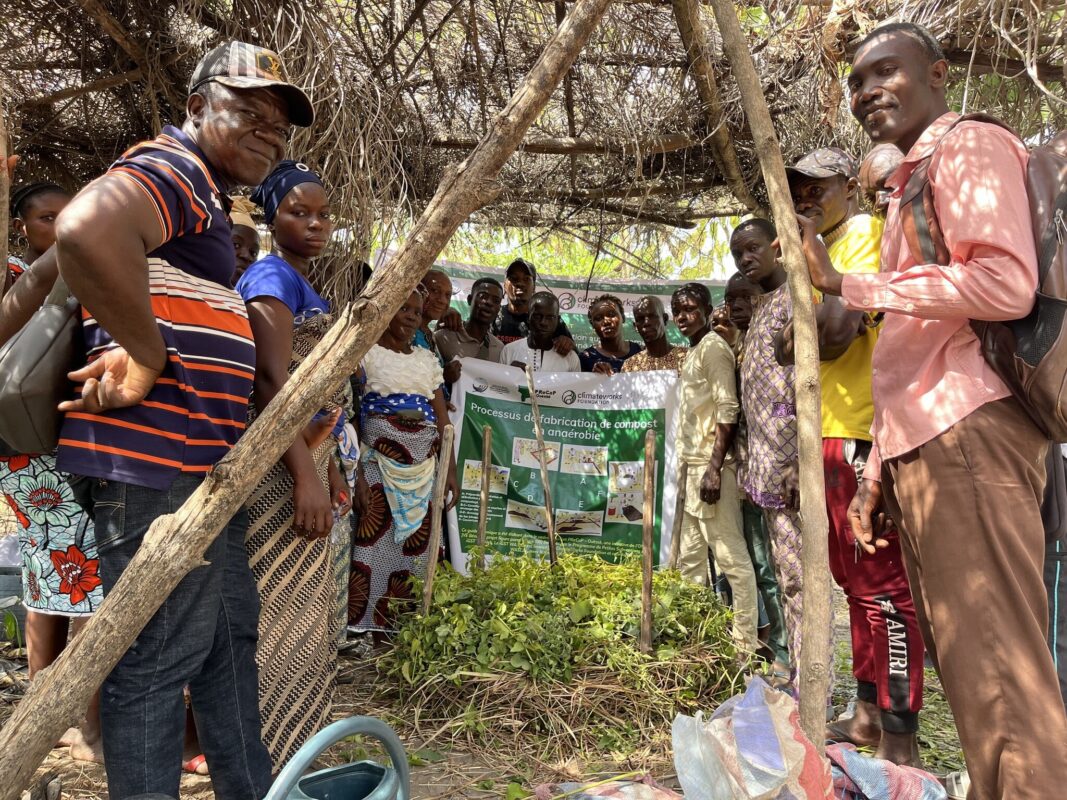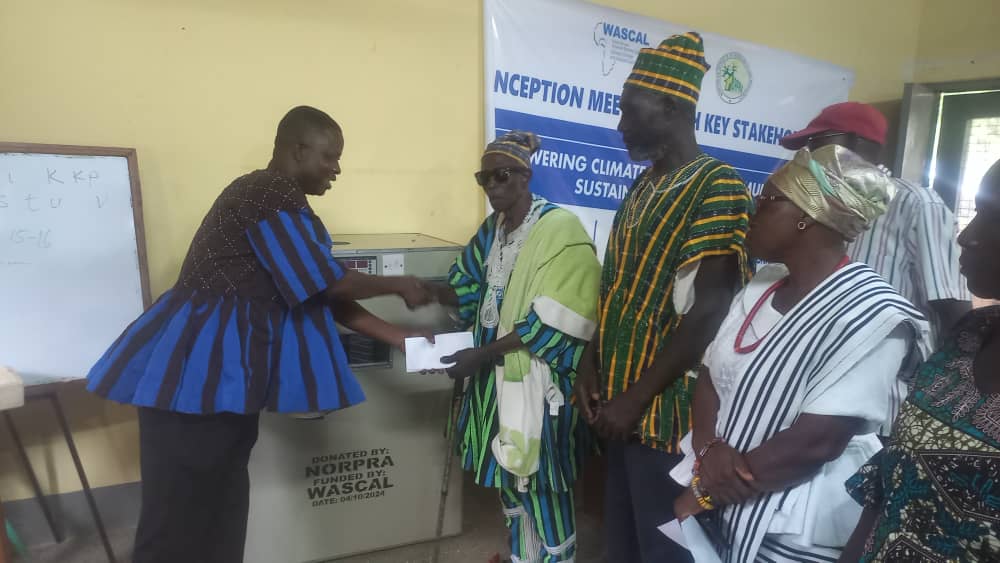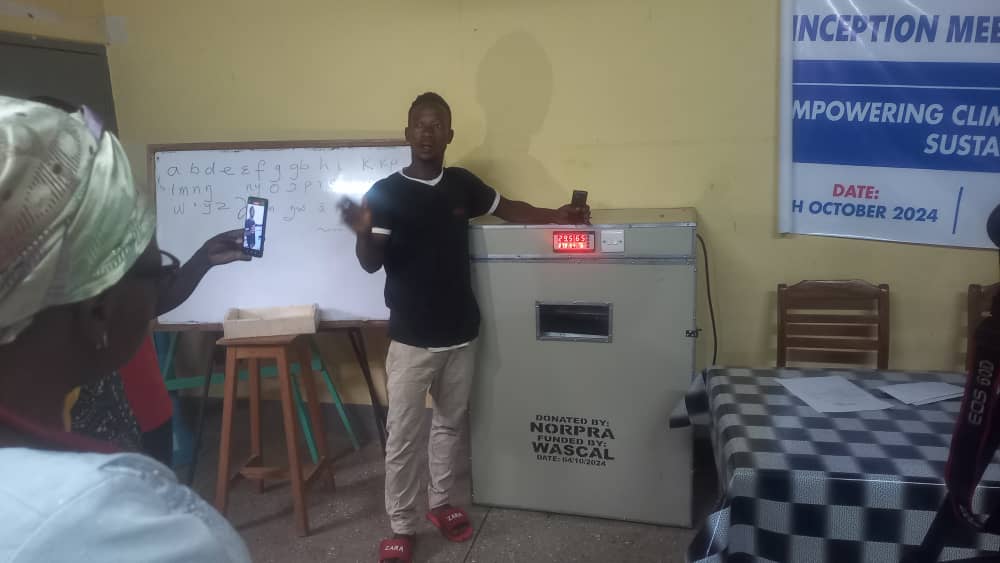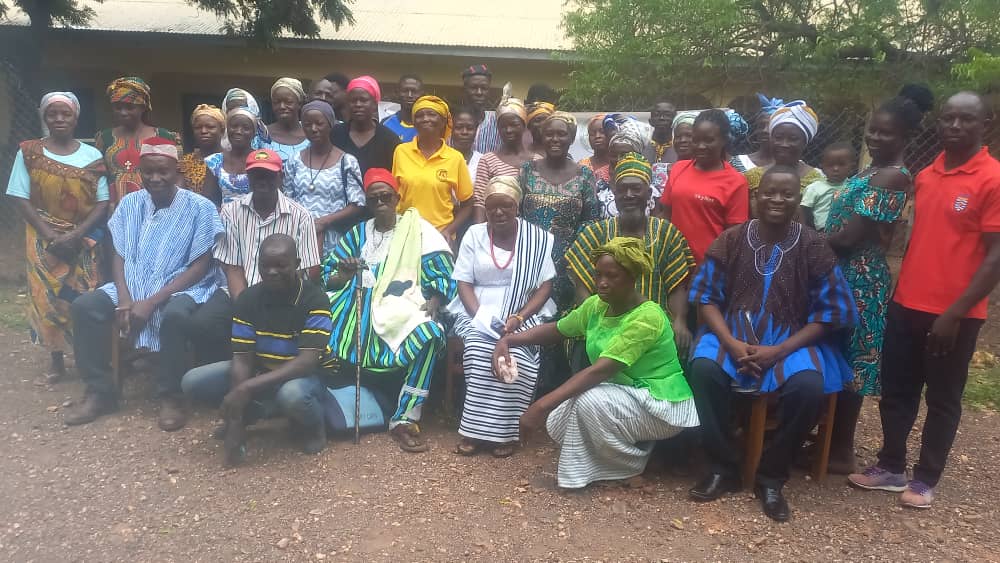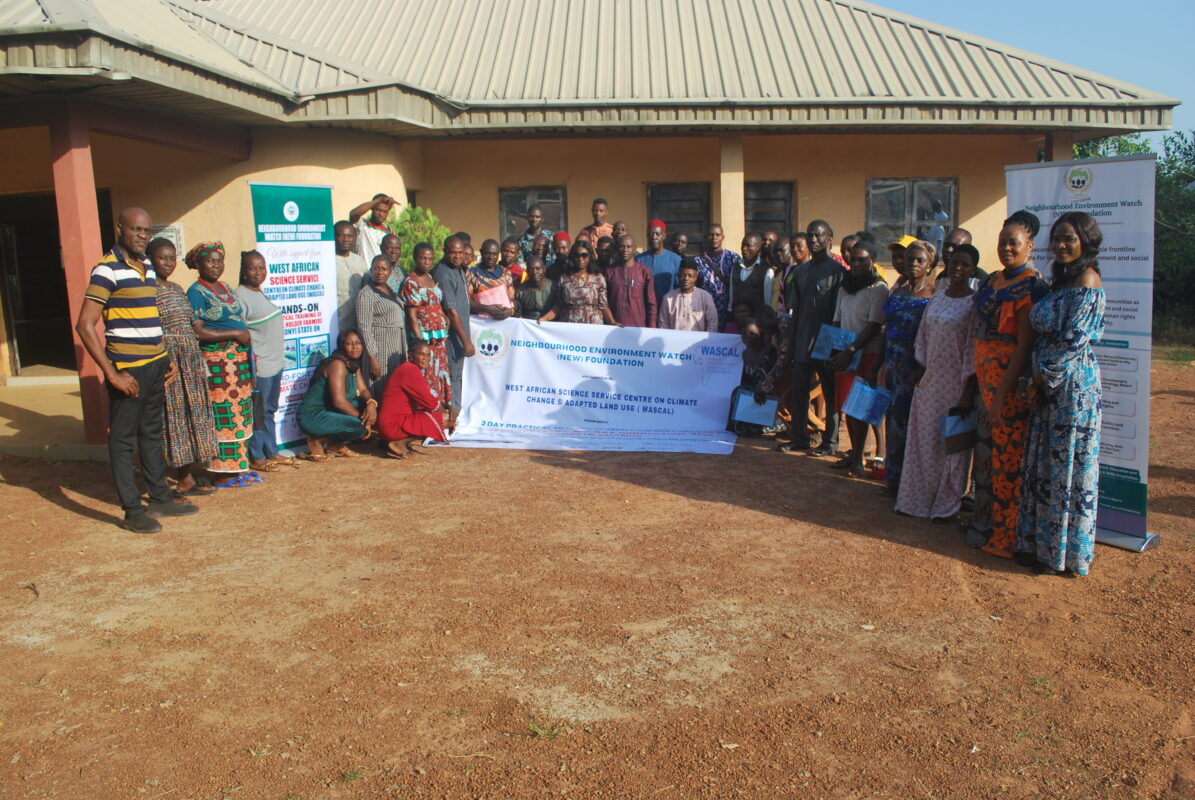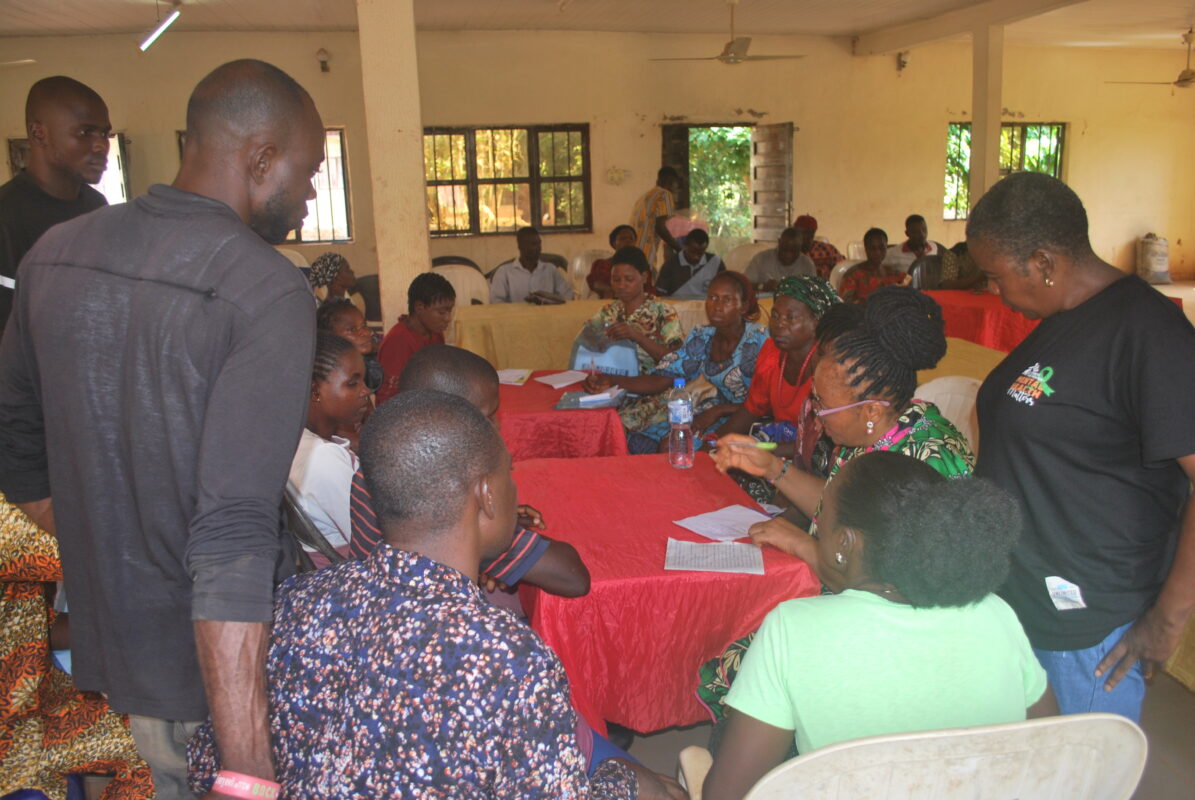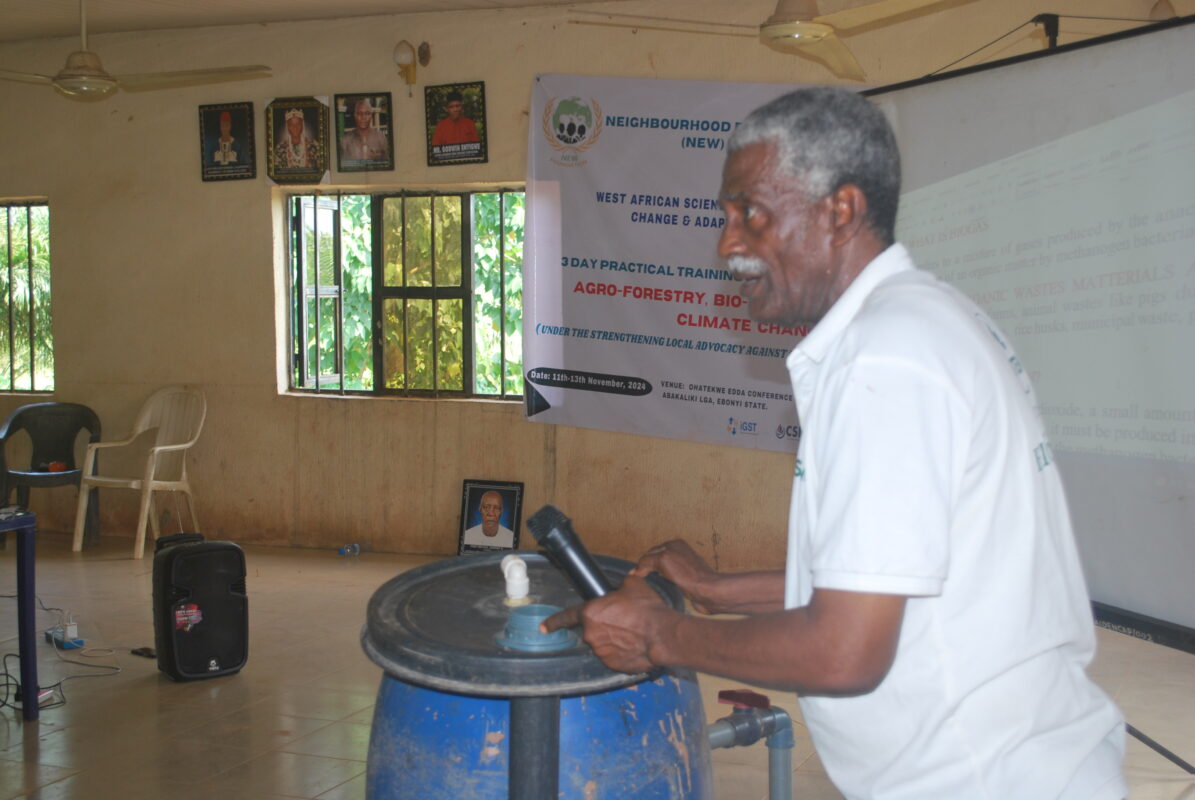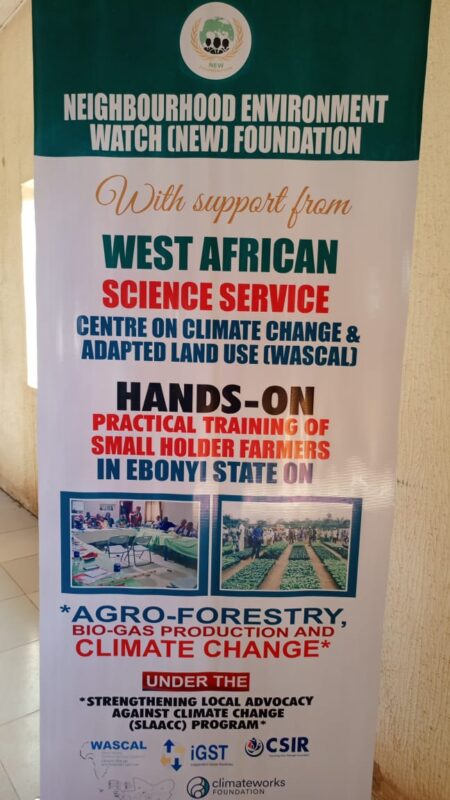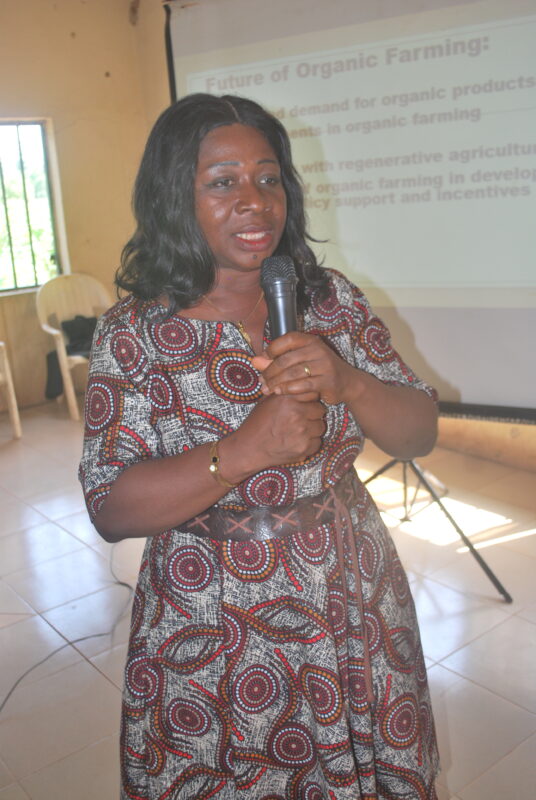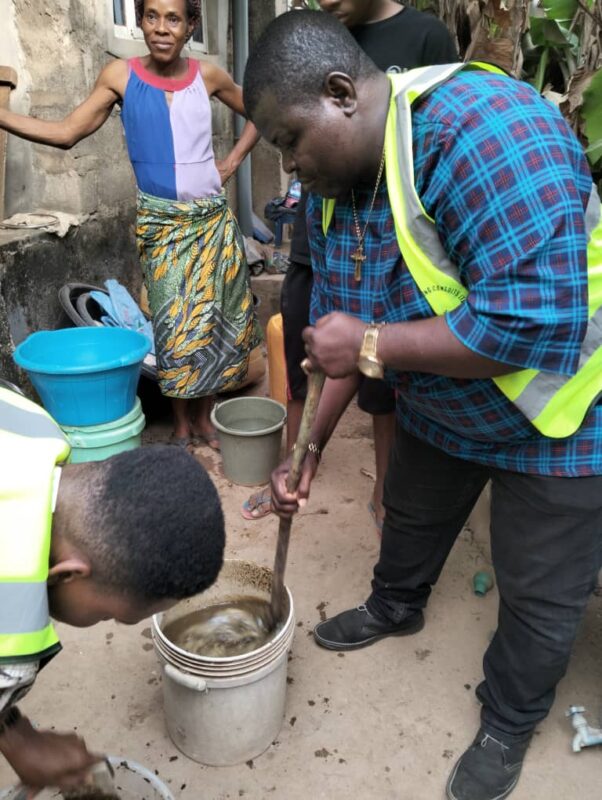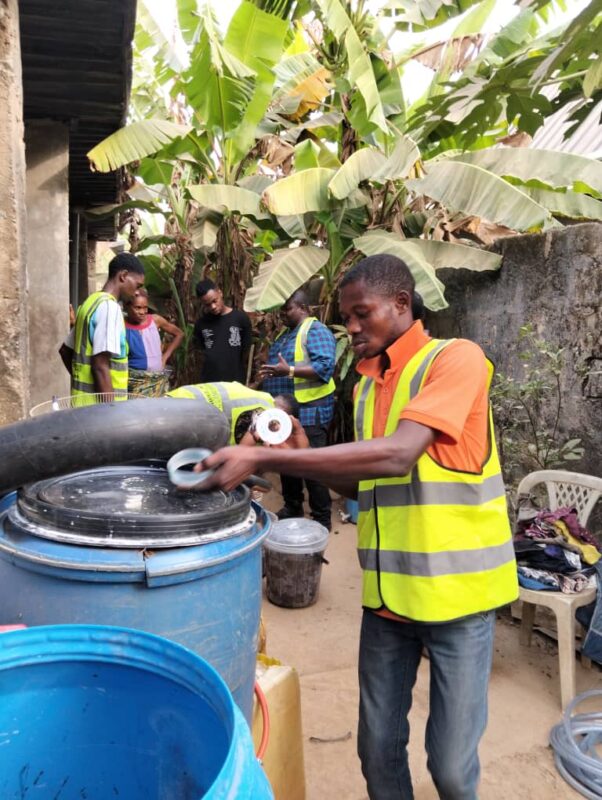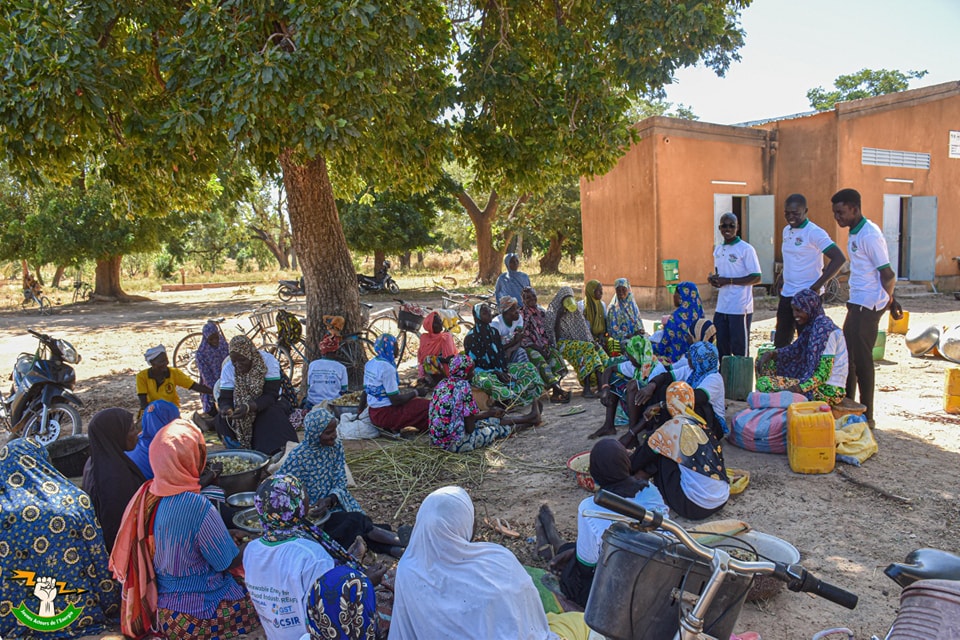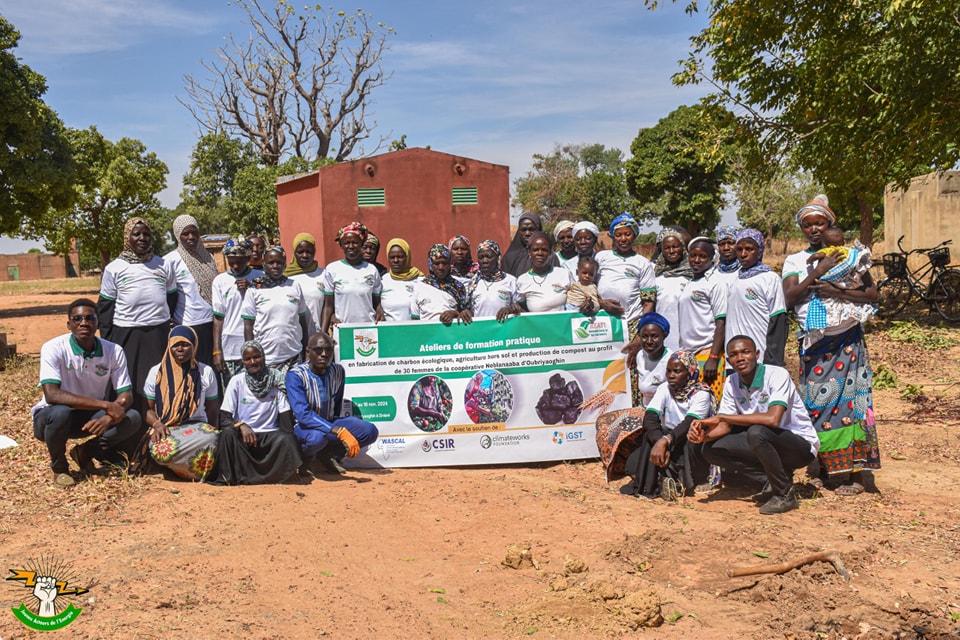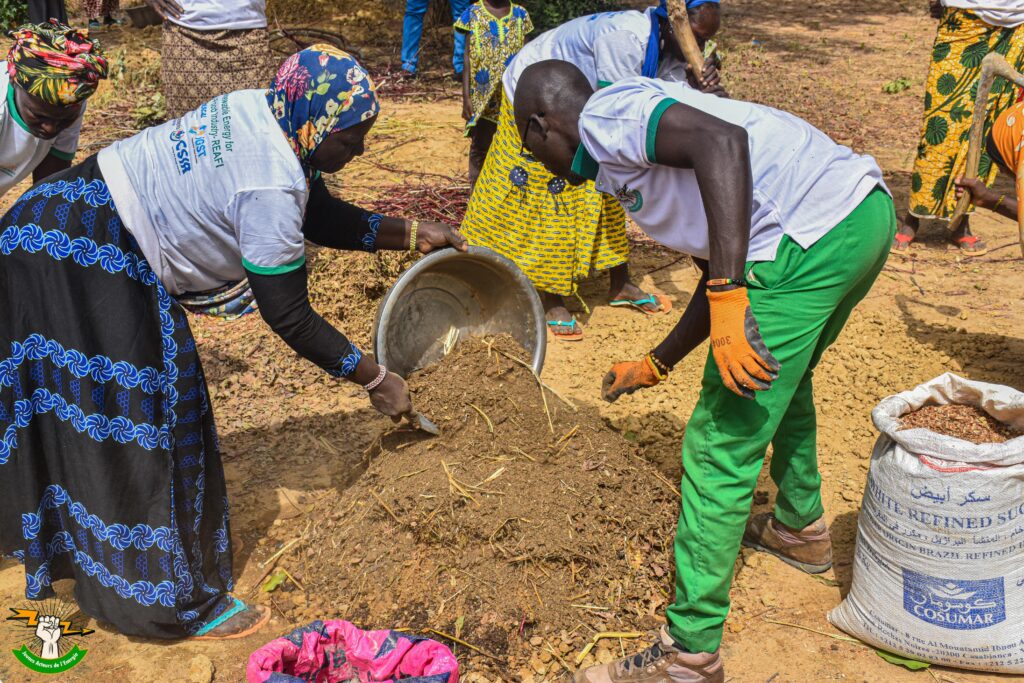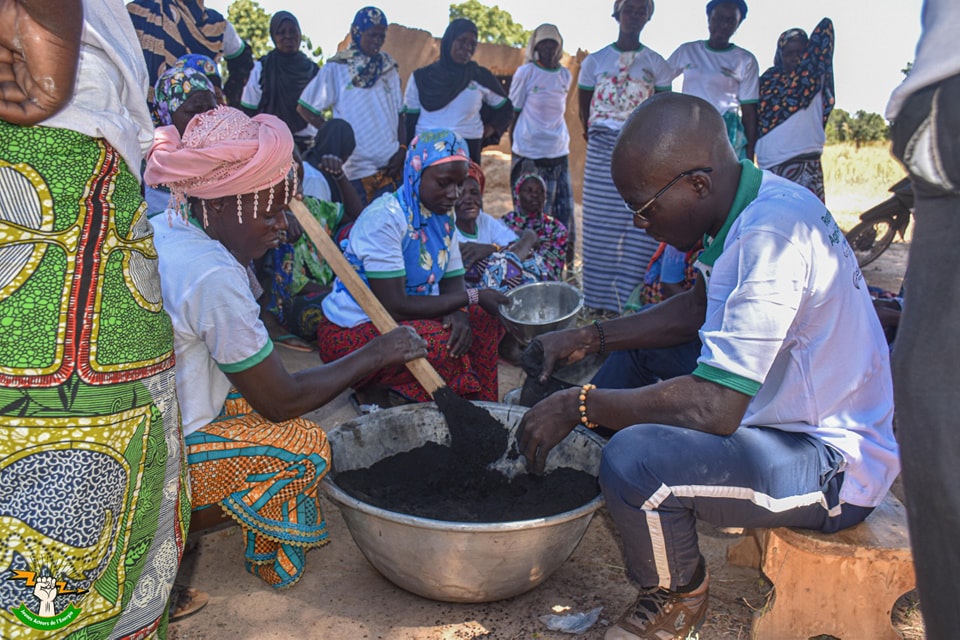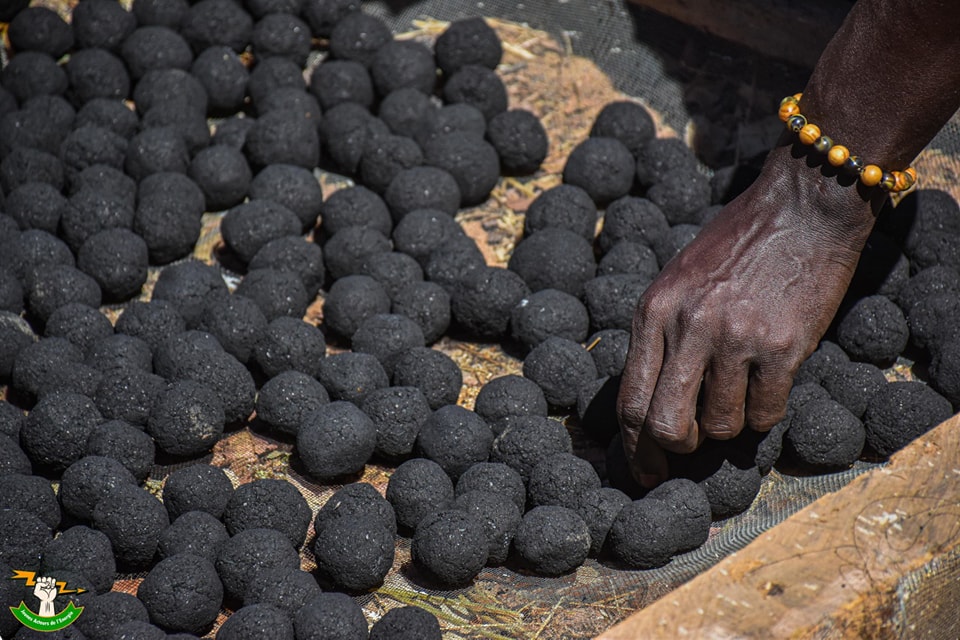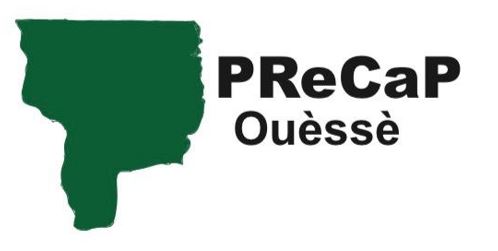Executive Summary
Climate change presents significant threats to development, economic growth, and human well-being. In response to this global challenge, world leaders negotiated the Paris Agreement in 2015 and signed it as an international treaty on climate change in 2016, covering mitigation, adaptation, and finance. A core requirement of this treaty is the Nationally Determined Contributions (NDCs), which outline the commitments by each country to climate change mitigation and adaptation. Since the adoption of the Paris Agreement, the 15 West African countries have all submitted their NDCs and updated versions. West African countries experience similar challenges, but also resources. Consequently, understanding of their collective commitments to climate change mitigation and adaptation is important for mutual learning and will help to ratchet up national ambitions during the next round of NDC revisions, ultimately contributing to the fight against climate change at national, regional, and global levels. The West Africa Regional Hub of the Independent Global Stocktake (iGST WA Hub) aims to bring together the independent (i.e., non-state) community, including researchers, to provide complementary support to the governments of the region to enhance their contributions to the achievement of the goals of the Paris Agreement. To facilitate this, the iGST WA Hub established the Young Fellowship Program intending to conduct a regional assessment of the countries’ NDCs vis-à-vis the outcome of the first global assessment – the first Global Stocktake (GST).
This report is a comprehensive review of the NDCs of West African countries based on their sectoral commitments and the roles of non-state actors (i.e., Civil Society Organizations (CSOs)) in NDCs development and implementation. Additionally, it evaluates the extent to which West African countries’ NDCs align with the outcomes of the first GST. Specifically, the report analyses the data obtained from the NDCs of the 15 West African countries. Data gaps were filled using related documents such as the National Adaptation Plans (NAPs). It also draws information from primary data collected from surveys and interviews with government officials who play key roles in NDCs development and implementation, and 164 West African CSOs, drawn from the members of the iGST WA Hub that are active players in the climate change space. The analyses are guided by three specific objectives, namely to: (1) evaluate sectoral commitments to climate mitigation and adaptation, (2) assess the role of CSOs in supporting climate actions, and (3) compare the current ambitions derived from the NDCs with the first GST outcome. The analyses reveal that West African countries have made notable efforts to enhance their climate ambitions, with many revised targets that reflect more ambitious goals and the potential for significant regional impact. However, several issues remain outstanding, including the following. Important unconditional commitments have been made by West African countries, which constitute a notable progress. However, they are insufficient to address the escalating climate challenges as they represent only about 28.0% and 33.0% of the total resources required for adaptation and mitigation, respectively. With about 70% conditional commitment to climate change adaptation and mitigation, the region has expressed a clear position to put a third of its domestic resources on the table while expecting the gap to be filled with funds from external sources. Shortfall in climate finance flows is a barrier to the fulfilment of conditional commitments. Despite increased international climate finance, the current financial flows into the region are insufficient to enable the countries to fulfil their conditional commitments to address critical climate challenges. According to the Climate Policy Initiative, West Africa’s annual climate finance needs through to 2030 are projected at $ 35.2 billion. However, actual financial flows reached only $ 7.1 billion (20.74%) in 2019/2020 and $ 10.9 billion (30.97%) in 2021/2022. Thus, there is a big gap between the financial needs expressed in the NDCs and the actual inflow of climate finance to the region. Technology transfer needs are great for all countries and are expressed across all sectors, but the weak enabling environment is likely to be a hindrance. Barriers to effective technology transfer and adoption in the region include domestic policy challenges, infrastructure limitations, and weak governance. Additionally, insufficient attention and priority are given to the already identified technology transfer needs. These hinder the adoption and deployment of appropriate technologies and innovations to combat climate change impacts. Variations in NDC content, structure, and formats across the region. West African NDCs show wide variations in content, presentation structure, formats and units, with many countries providing limited information on sector-specific commitments. In addition, some countries have detailed adaptation and mitigation budgets categorized into unconditional and conditional funding, while others have not. Low involvement of civil society in some countries. Civil society, as recognized by the Paris Agreement, plays a crucial role in climate action in varying proportions across different sectors. Nevertheless, this study reveals that across West Africa, CSO involvement in NDC formulation in some countries was either perceived as insufficient or their opinions were disregarded without justification. Like other regions, West Africa’s current ambitions are low compared to the first GST decision. Although the GST decisions are global in nature, finding alignment in all regions signifies collective progress towards the achievement of the long-term goals of the Paris Agreement. This study reveals that West African countries’ commitments in NDCs are still low compared with the expectations expressed in the first GST decision, particularly regarding mitigation ambition and adaptation. For example, the GST decision highlights several key expectations for strengthening adaptation action, such as national inventories of climate impacts over time, which are not explicitly addressed by most countries in their NDCs.
To address these challenges and enhance climate action in the region, the following actionable recommendations are proposed for West African Parties, CSOs, and their international partners: Recommendations for West African countries Enhance ambition and transparency of NDCs. West African countries should prioritize the standardization and transparency in their next NDCs by adopting harmonized NDC templates that clearly define commitments based on targets, baselines, and conditionalities across sectors, in line with UNFCCC guidelines. This will foster trust among national and international stakeholders and establish more robust accountability mechanisms.
Increase unconditional commitments. By reallocating national budgets and promoting domestic investments in climate-vulnerable sectors through fiscal policies and instruments, West African countries can strengthen their unconditional commitments, but also potentially attract greater external support for conditional commitments. Strengthen institutional and technical capacity. Strengthening institutional climate units, local research institutions, and monitoring, reporting, and verification (MRV) systems will improve NDC implementation and enable localized, data-driven policymaking rooted in both scientific and socioeconomic realities of West African countries. Use the GST outcome, the provisions of the Convention, and the Paris Agreement as a benchmark. In line with the provisions of the UNFCCC and the Paris Agreement, future NDCs of West Africa should integrate insights from the first GST, particularly in the areas of adaptation, mitigation, and means of implementation. This will ensure alignment with global climate goals while remaining responsive to local and national contexts, enabling the region to advance toward climate-resilient, low-emission development. Enhance collaboration between Parties and non-Parties stakeholders. West African Parties should establish closer, stronger, and institutionalized partnerships with CSOs grounded in shared climate objectives. This could include involving them in advisory bodies and formalizing their roles in steering committees in the mechanisms of NDCs development and implementation. Recommendations for civil society organizations
Build internal capacity on GST and climate policy. CSOs should invest in capacity-building efforts to deepen their understanding of international climate mechanisms. Additionally, developing simplified toolkits and resources can help translate complex policy processes into locally relevant narratives that resonate with communities. Strengthen participation in the revision process of the NDCs. CSOs must move beyond marginal consultation toward the co-development of NDCs by providing data-driven inputs and evidence-based policy recommendations, with a focus on representing local and community priorities, particularly those of vulnerable populations. Monitor and report local-level implementation. By establishing community-based MRV systems, CSOs can document independent data and uncover local innovation, informing reporting processes and future NDCs revisions. Recommendations for international partners
Align finance with conditional commitments. International partners should prioritize financing the clearly articulated conditional commitments in West African NDCs, particularly in high-impact sectors like renewable energy, land restoration, and early warning systems. Financial instruments should be tailored to each country’s specific needs, offering streamlined access and capacity-building support for proposal development.
Facilitate technology transfer and innovation. International partners should respond to the already identified technology needs of countries in the region by facilitating the development and transfer of climate technologies that are tailored to the ecological, social, and economic conditions of West Africa, while also supporting the upscaling of existing technologies to drive digital transformation and regional development. Strengthen capacity-building initiatives. Capacity building should move beyond short-term workshops and focus on comprehensive, long-term institutional strengthening to effectively implement the Paris Agreement. They should focus on capacity gaps, governance and coordination, technical assessment and modelling, as well as strategic policy formulation and implementation.
Facilitate GST-responsive policymaking. International partners must assist West African countries in translating the insights from the first GST into concrete national policies and strategies that emphasize equity, ambition, and long-term climate resilience, while ensuring that their voices are adequately represented in international negotiations.
Addressing climate change in West Africa requires coordinated efforts from governments, international partners, and CSOs. An effective way to practicalize this is through gradual enhancement and implementation of national ambitions through NDCs, supported by strong international cooperation.
